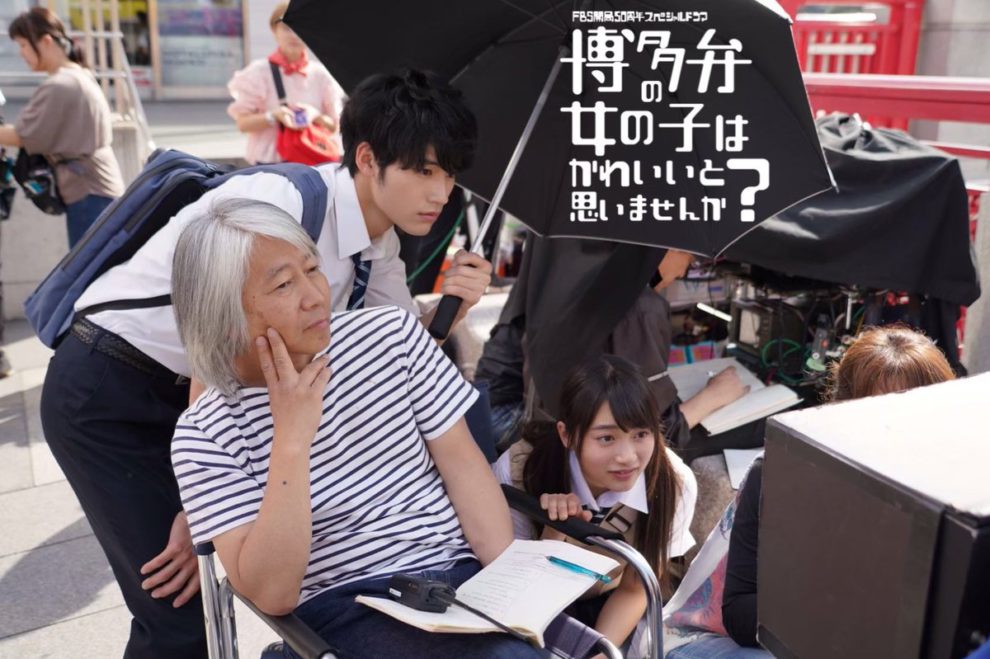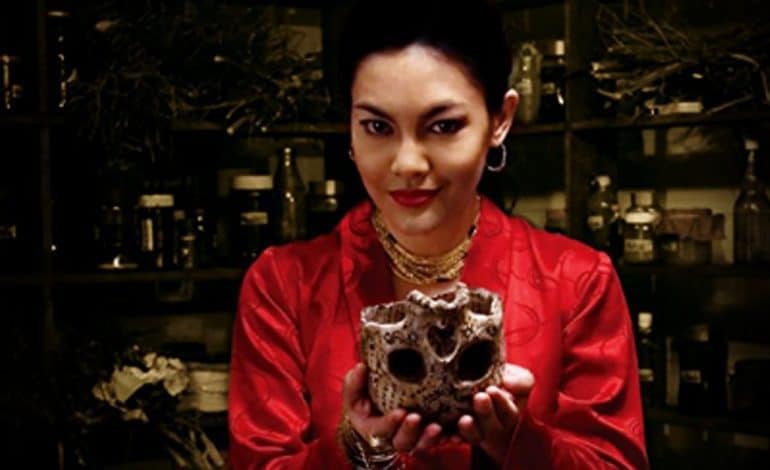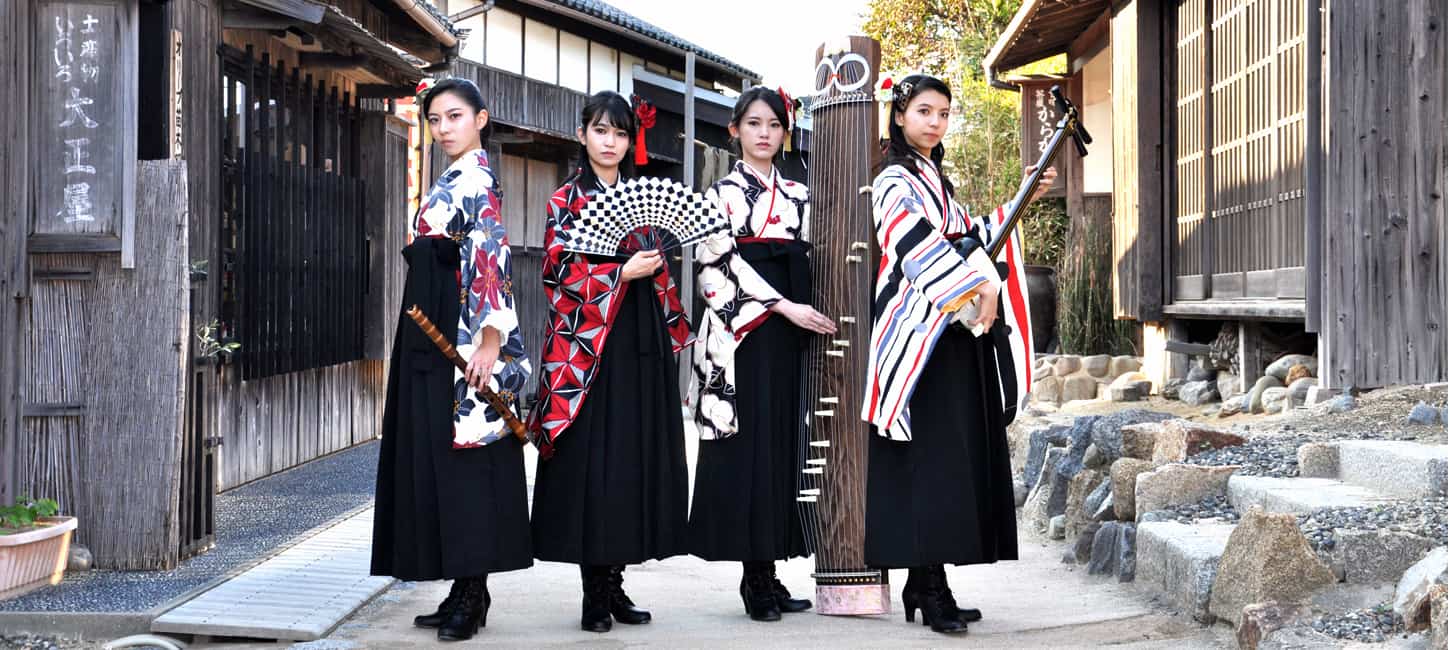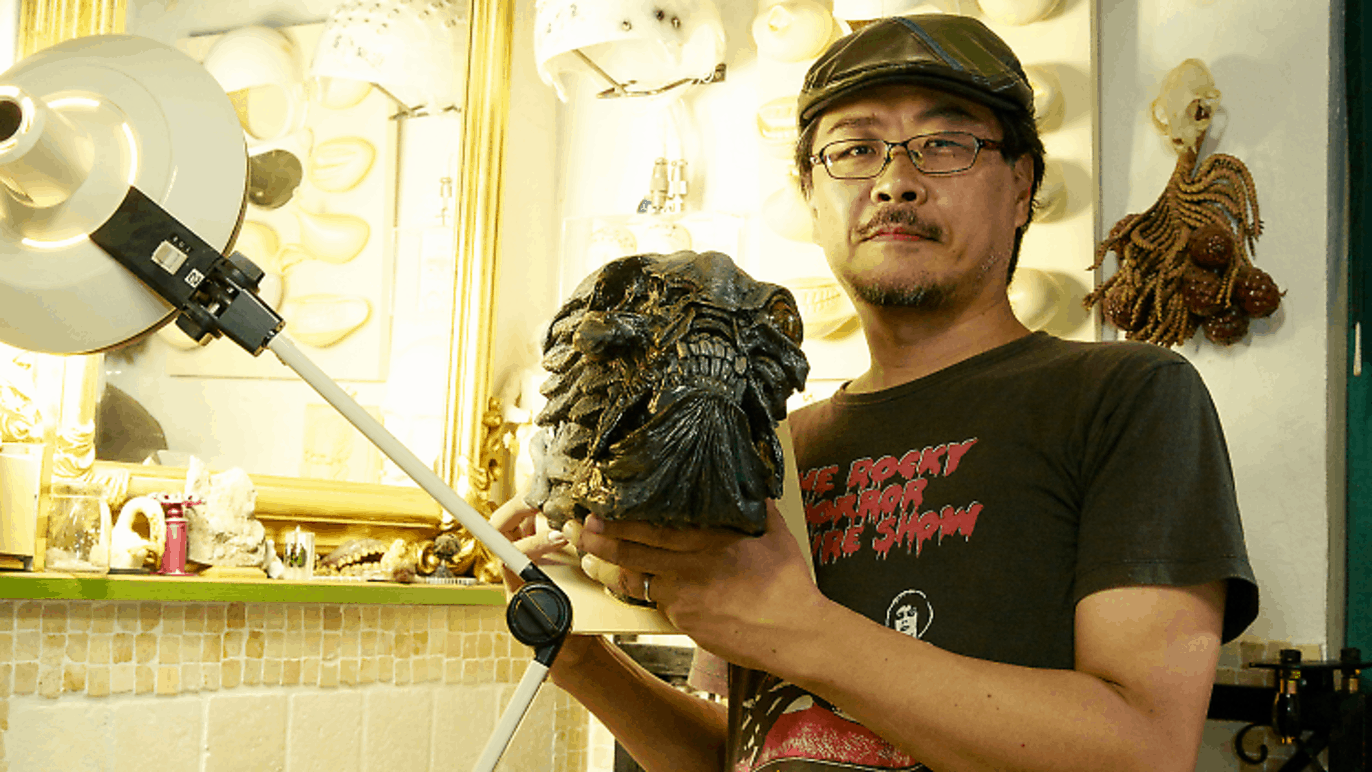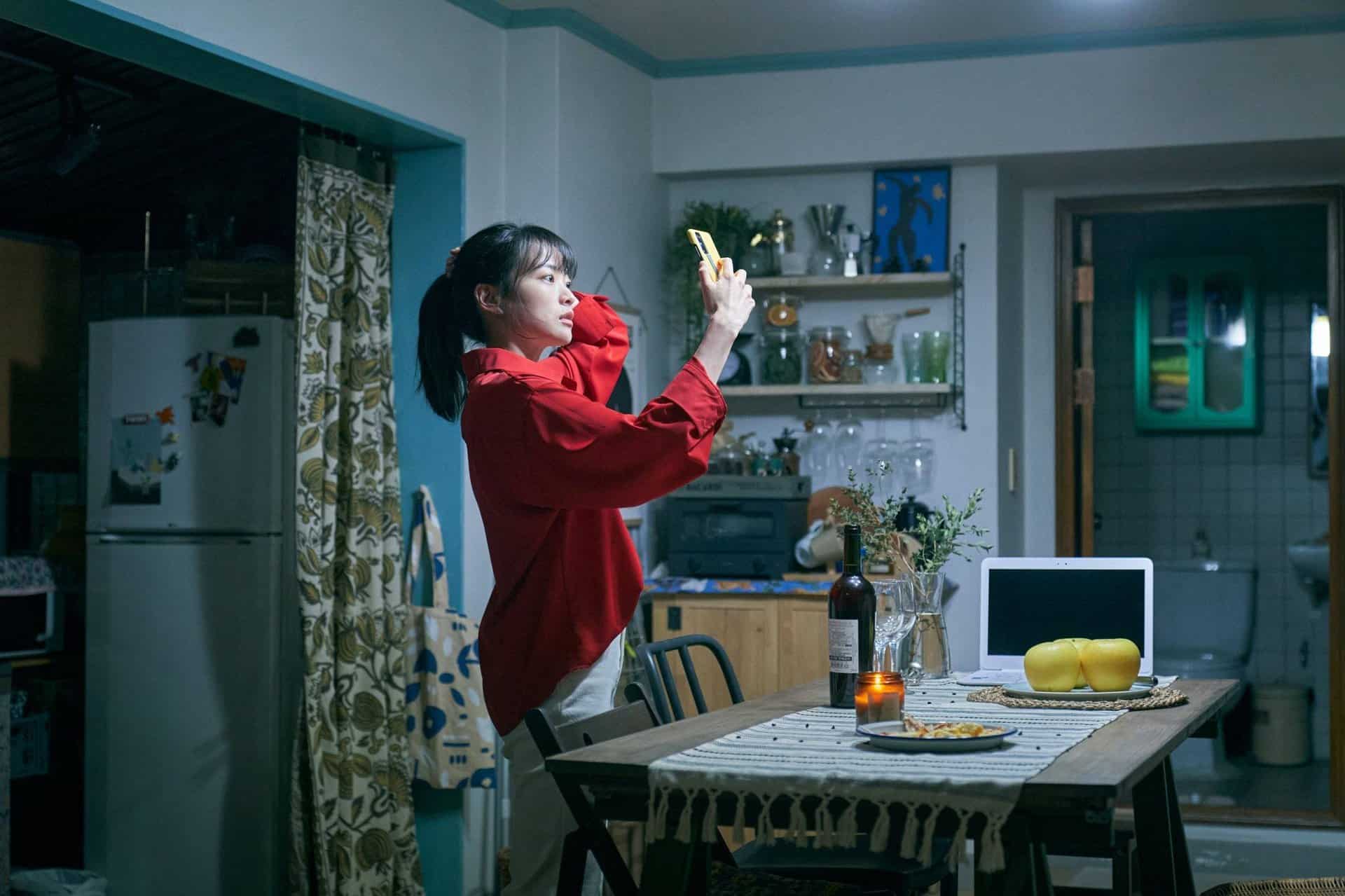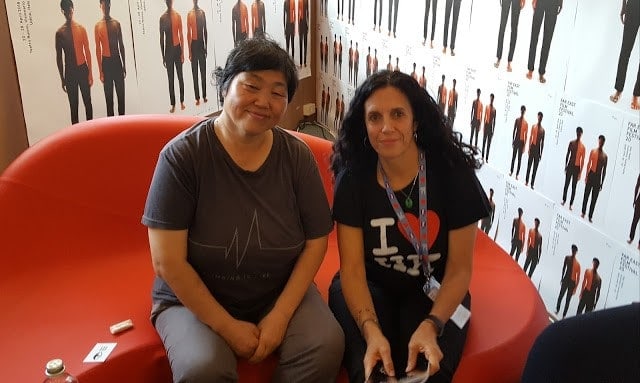translation by Lukasz Mankowski
Born in Gifu Prefecture, Japan in 1963, Renpei Tsukamoto's illustrious directorial career includes works such as “One Missed Call 2” (2004), “700 Days of Battle: Us vs. the Police” (2008), and “Reon” (2018), among many others. Renpei Tsukamoto also has extensive experience in television. Just a few of his credits include “Dragon Zakura” (2005, TBS), “Teinen joshi” (2017, NHK BS Premium), “Juuyou sankounin tantei” (2017, TV Asahi), among others. In addition to TV dramas “At Home Dad” (2004, Kansai TV / Fuji TV) and “Mother & Lover” (2004, Kansai TV / Fuji TV) His latest work “Bento Harassment” is his third collaboration with star actress Ryoko Shinohara.
On the occasion of “Bento Harassment” screening on Five Flavours Asian Film Festival, we speak with him about adapting a blog essay into the movie, the concept of bento and how it was implemented in the movie, the relationship of teenagers with their parents and many other topics.
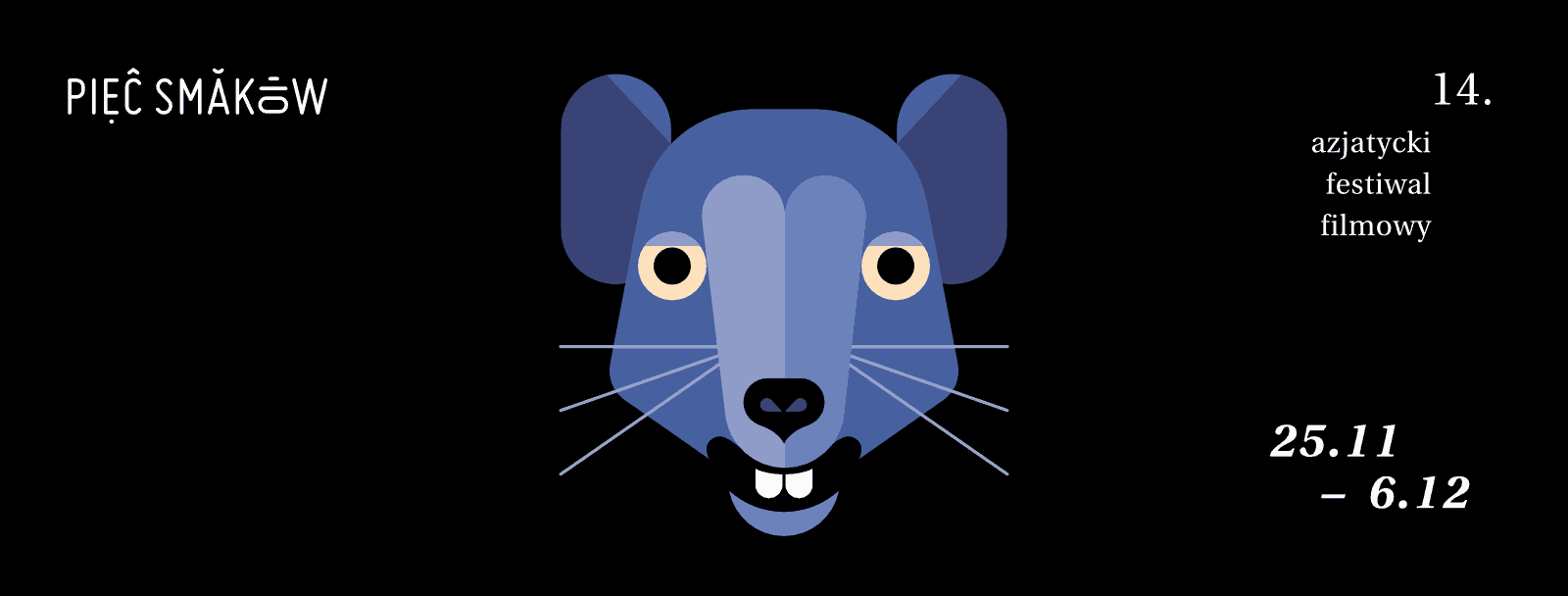
Why did you decide to adapt a blog essay into a movie? Which was the most difficult aspect of transfering the original to the big screen?
When I was reading the blog, I was laughing out loud and crying back and forth. The parent-child relationship depicted in there really touched me and I instantly wanted to film it. What was difficult in the process was the dramatization of everyday life and how to approach it in terms of story-flow. The development of the story was actually abound in trials and errors from the start till the very end of it.
Food and particularly bento are particularly significant for the Japanese. Can you tell us a bit more about their significance in general, and in your own life?
What I wanted to include in my adaptation is my own perspective of how me and my wife communicate with our kids through bento-boxes. We send them short messages, like stay healthy, have a nice and fun day, grow quickly, etc.
How did you deal with the preparation of all these elaborate bento boxes?
All the bento-boxes in the film were prepared by our dedicated food coordinator, who carefully recreated all the works from the blog. There were more than 100 boxes prepared in the film altogether, including those trial ones that didn't make it to the movie.
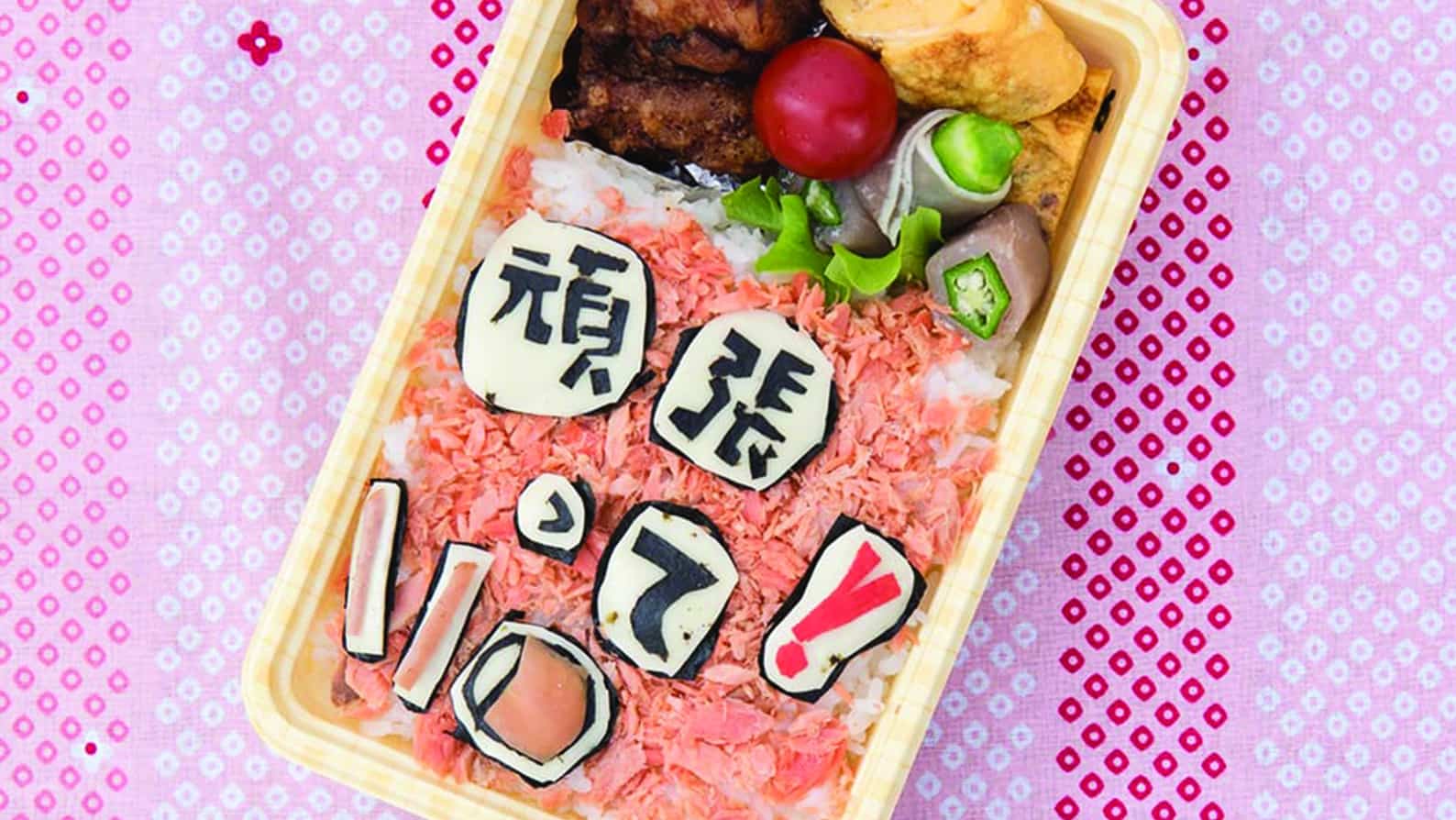
The film focuses on the difficulties the relationships between teenagers and their parents. What is your opinion on the subject, and why do you think teenagers are so difficult?
I think that there are many aspects responsible for the outcome of the relationship between youngsters, who have a strong feeling of individualism, and their parents. Children have their owns reasons to feel that the parents are nothing but a burden. This is a phase. As long as it's not too serious, I think it is a natural so that one can become independent in the future.
The solution the film provides, of parents trying even more, is entertaining but also seems quite difficult to implement, particularly due to the lack of time modern life presents. What is your opinion and is that the reason the story shows Kaori suffering from exhaustion eventually?
I don't know if that's the right answer for the question, but Kaori is actually currently running a small izakaya-bar in their hometown with her daughter, so that might be some indication.
Overall, the basis of the film is serious and even dramatic, but the approach you chose is that of a comedy. Why?
I really like films that make me laugh. What I opted for in the film was the inclusion of both the seriousness of relationships and humor. This was also the premise of the blog story.
Can you give us some details about the experience of shooting in Hachijo Island?
All in all it was really great. We were lucky with the weather, the actors worked really great on their parts and the shooting was in general very smooth. Plus, the great benefit of it was the island's shochu. It was very delicious!
How was the casting process for the film like?
I knew that Kaori must be performed by no one other than Ryoko Shinohara. Once she said she accepts the part with pleasure, it was a green light for the project. As for the other roles, we had casting and it all went smooth according to our expectations. I'm quite happy for the result.
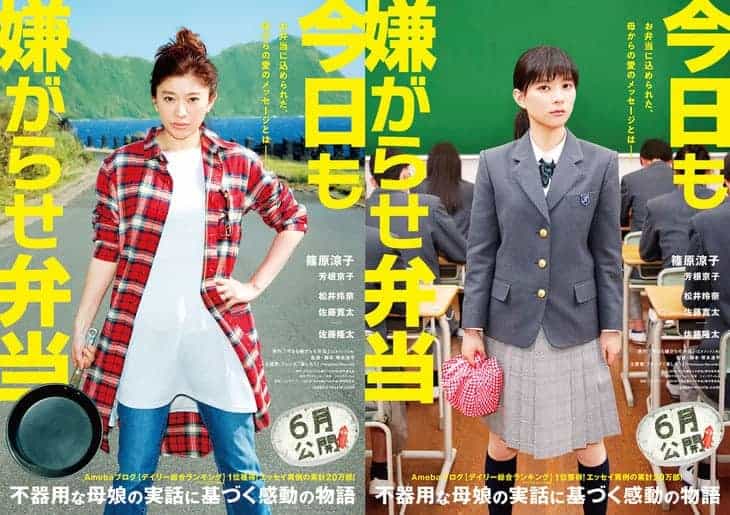
What is your opinion of the Japanese movie industry at the moment?
There are more and more Japanese films that are being enjoyed abroad, and these are not only anime. I also want to make some work that would be recognized outside of Japan.
Are you working on any new projects?
We actually premiered another film this year. This was a comedy starring boyband Matsuri Nine (祭nine), which was about the origins of the band and the aftermath of their success. We also shot a film in Aichi prefecture, which was about family relationships. From January onwards, we're going to work on a film about music.


